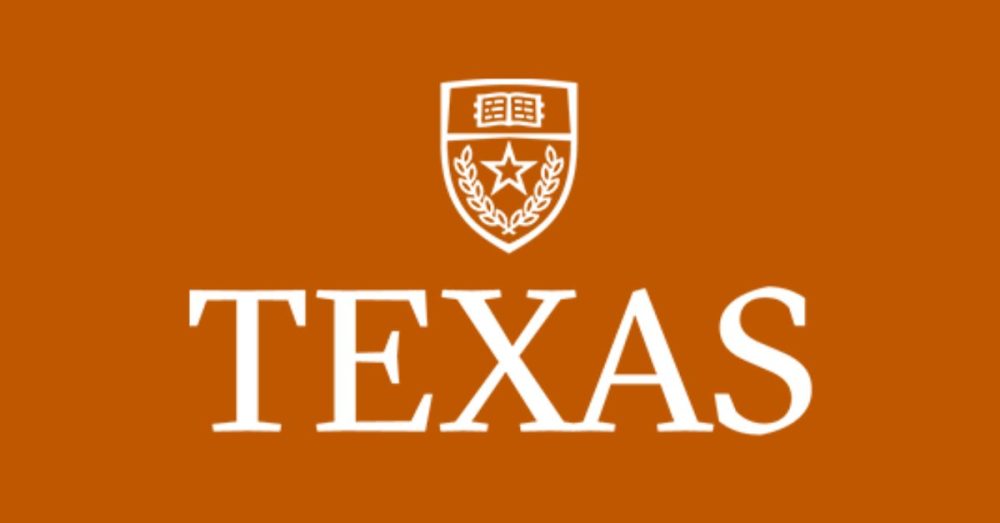(Texas Scorecard) – The University of Texas Board of Regents will now prohibit universities in the UT system from adopting political or social positions relating to “issues of the day.”
This change in free speech policy came last week and follows instances where institutions like Harvard were criticized for their official statements on the Israel-Hamas war.
Students, donors, and politicians heavily criticized Harvard President Claudine Gay’s initial statement for “failing to forcefully condemn the attacks and antisemitism.” Gay resigned soon after, and Harvard announced it would refrain from taking official positions on controversial issues.
Now, the UT System has adopted a similar policy after they had one of the highest arrest totals at a pro-Palestine campus protest.
“Institutions should not, in their official capacity, issue or express positions on issues of the day, however appealing they may be to some members of the university community,” reads the new freedom of speech guidelines approved by the university system’s Board of Regents.
These instructions apply only to “official university statements, functions, ceremonies, and publications.” Students, faculty, and staff will be unaffected by the new rule.
The UT system was asked to consider adopting this new language, which originated with the University of Chicago’s Kalven Committee Report on the University’s Role in Political and Social Action. The report emphasizes the need for “institutional neutrality.”
“The instrument of dissent and criticism is the individual faculty member or the individual student,” reads the report published in 1967. “The university is the home and sponsor of critics; it is not itself the critic.”


